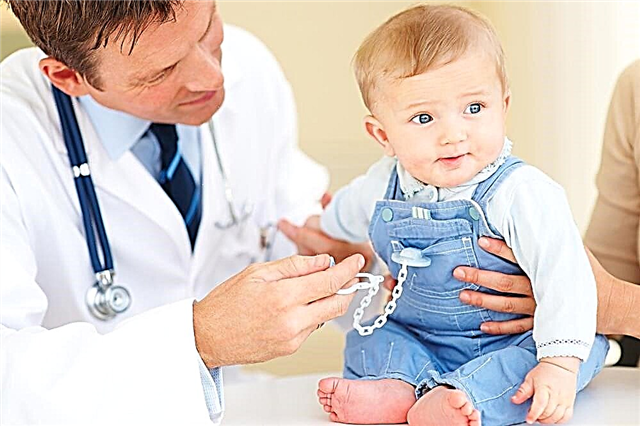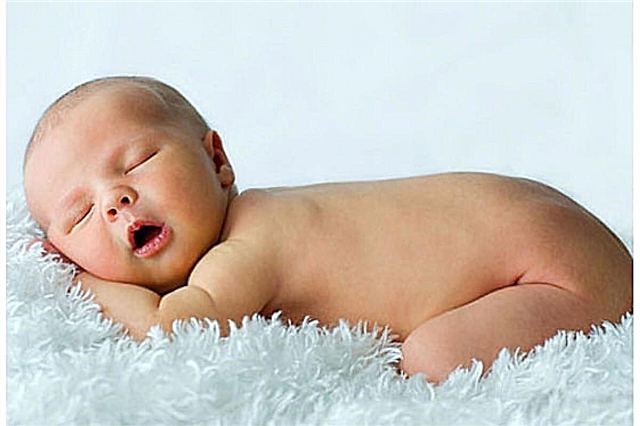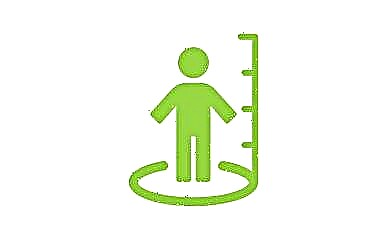
All children get sick in different ways. Someone is rare and easy, someone is often and strong. It depends on the baby's immune status, which we often refer to as a "health condition." But all children, without exception, from time to time have situations in life when they need diuretics.
Diuretics (this is how doctors and pharmacists call diuretics) help to relieve external and internal edema in a variety of diseases.
Doctors and parents have a wide choice between traditional pharmaceutical medicines and herbal remedies, traditional medicine, as well as a huge list of fruits and berries with a diuretic effect.

Operating principle
Diuretic drugs act at the cellular level in the kidneys - the kidney-nephrons, which are the main component of the kidneys, begin to filter the incoming blood faster and remove excess fluid through the urinary tract.
Diuretics are divided according to the principle of action into loop diuretics, thiazide drugs, osmotic drugs and potassium-sparing drugs. When treating children, doctors usually prefer the most gentle medicines, but even they do not protect the child from hypokalemia (a state of potassium deficiency), and other negative consequences.

Indications for use
Diuretics are prescribed to get rid of edema in certain diseases of the heart and blood vessels, at very high pressure, in a number of diseases of the kidneys and genitourinary system. They help to quickly remove toxins from the body if the child is severely poisoned or received a serious overdose of any medication.
Diuretics for children
There are no special diuretics for children in nature. Usually, in therapy, the same medicines are used that are used in the treatment of adults with a difference except in the dosage. That is why it is so important that the doctor prescribes the diuretics. Uncontrolled intake of such drugs can cause extremely dangerous conditions in a child - dehydration, potassium deficiency, which, in turn, can lead to serious disruption of the central nervous system and even death.
Minor swelling often does not require diuretics. It is enough to adjust the baby's nutrition by adding foods to his diet that help remove excess fluid from the body - watermelon, fruit drink from cranberries, lingonberries, currants. If the problem is assessed by the doctor as serious, medication is indispensable.

Medicines
In case of severe edema, after a thorough examination, the doctor will prescribe medication. Children are usually given diuretic drugs for no more than three days so that the child does not have time to lose too much potassium and magnesium. Then they take a break for several days and recommend feeding the baby with potassium-rich foods (pine nuts, apricots, oatmeal, beef). After the supply of a vital trace mineral has been replenished, the doctor may prescribe diuretics for another 2-3 days.

List of the most popular medicines among pediatricians:
- "Veroshpiron"
- "Urakton"
- "Furosemide"
- "Diakarb"
- "Hydrochlorothiazide"
- Chlorthalidone
- "Torasemid"
- "Mannitol"
- "Spironolactone".

Most often, drug treatment of edema in children is prescribed with the help of drugs produced in tablets. In extreme cases, when it comes to urgent care, on which the life of the baby depends, doctors inject some of the drugs by intravenous drip, adding them to saline or glucose.
Folk remedies
The plus of the time-tested methods of removing excess fluid is that they are non-toxic and, subject to the recommended norms and dosages, they work quite successfully.
- Most often, to achieve a diuretic effect, children are given a decoction of parsley (50 grams of herbs per liter of boiling water). Such a remedy is given to babies from the age of 1 year in between feedings. As a rule, the diuretic effect of a medicinal drink affects the first day after the start of the intake.
- Instead of parsley, children from 2 years old can be given dill. A decoction made from fresh or dried dill can be given before, after and during feeding. It all depends on when the child agrees to drink it.
- If the baby refuses to use decoctions that have a pronounced bitter taste, you can offer him special diuretic teas. This tea is sold in any pharmacy or large children's store. Typically diuretic drinks labeled "phyto" contain chamomile, thyme, anise, sage. You can buy these herbs in the form of a ready-made pharmacy collection and make a delicious and healthy herbal tea for your child.

- The most beloved diuretic by children at both 1 and 10 years old is fresh watermelon. Even one piece of a juicy and ripe sweet delicacy with melon in 20-25 minutes makes the child want to go to the toilet. For medicinal purposes, watermelon is given several times a day, in several pieces. Both tasty and healthy. For children under 3 years old, do not forget to free the pulp of the watermelon from the seeds.
- Not the most delicious, but definitely one of the most effective diuretics - weed with the funny name "bear's ear" (bearberry). Bearberry broth is bitter, but you can add a little sugar to it. Give such a decoction in a dessert spoon 3-4 times a day.
- For children under 5-6 years old, such a herbal remedy is contraindicated. Therefore, when buying a pharmacy diuretic tea, carefully read the data on its constituent components. Bearberry is found in many herbal diuretic teas.
- For children 4 years older, to relieve edema, you can steam whole oat grains in a thermos (not to be confused with oatmeal). The oats are insisted, strained, and then given to the child a tablespoon five times a day.

Useful Tips
If the child's edema appears due to an allergic reaction (such as angioedema with urticaria), you should not start treatment with diuretics. Such edema is very dangerous for the child's life; he needs complex therapy with the use of hormonal and antihistamines. With such edema, you should immediately call an ambulance.

You can learn even more useful information from the program "Living Healthy".



